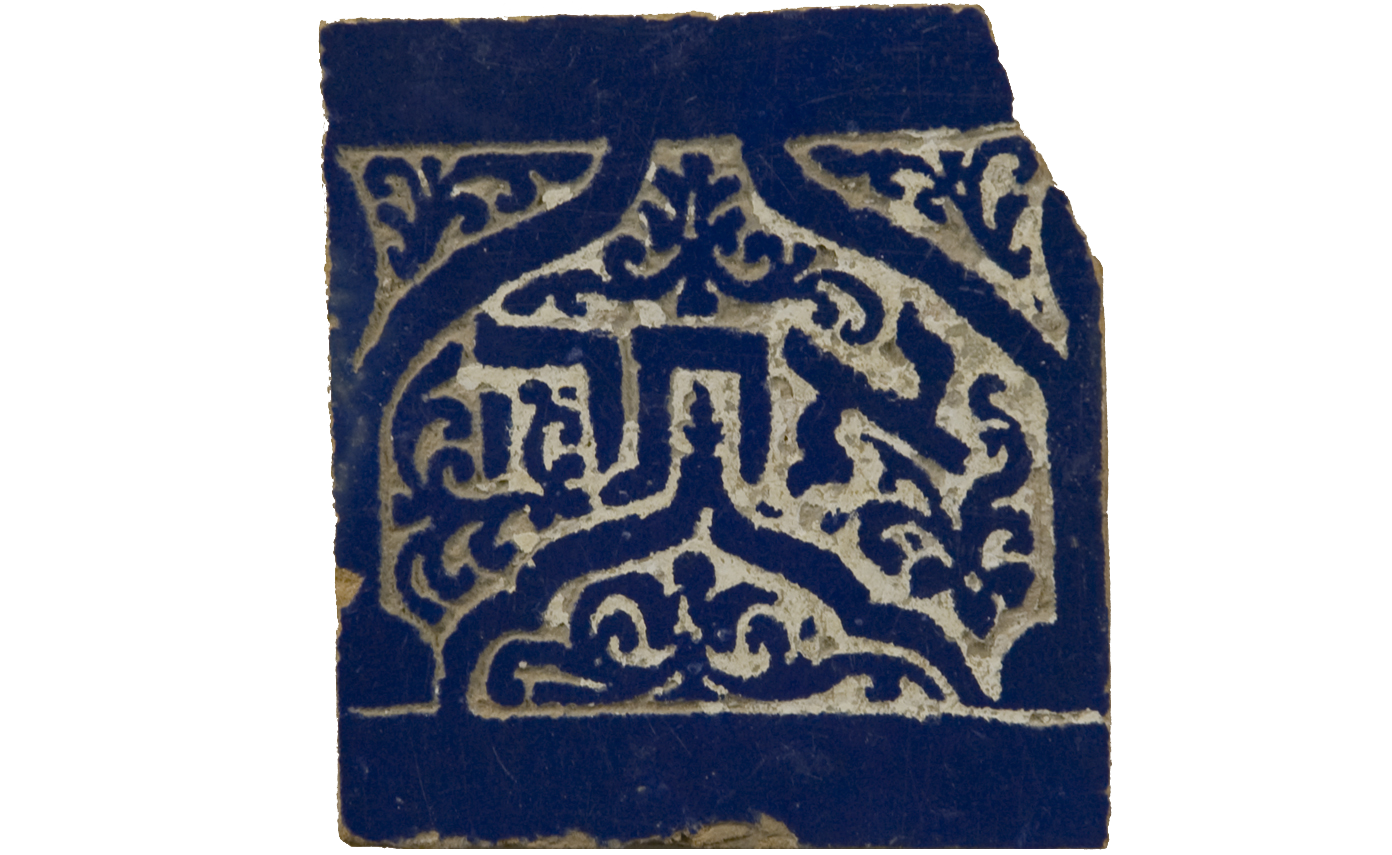
Name: Jonah Rank (translation)
Bio: Rabbi Jonah Rank is President and Rosh Yeshivah of Hebrew Seminary: A Rabbinical School for the Deaf and Hearing. An award-winning Jewish songwriter, Rabbi Rank earned an MA in Jewish Thought and was ordained in 2015 at the Jewish Theological Seminary of America. Rabbi Rank has been involved in Jewish education for many years and served as the Maskil (“Teacher-of-Tradition”) at the Shaar Shalom Synagogue in Halifax, Nova Scotia, where his spouse, Rabbi Dr. Raysh Weiss, served as Senior Rabbi. While living in Canada, Rabbi Rank initiated the annual Halifax Communal Beit Midrash, and collaborated with the community’s Education Committee in rebooting the Halifax Joint Hebrew School. Following his family’s return to the U.S, he became the Director of the Shul School at Kehilat HaNahar in New Hope, Pennsylvania. While managing the supplementary school, Rabbi Rank co-led a Virtual Youth Arts Beit Midrash serving youth across five states, designed a virtual reality Purim carnival, and created curricular materials for young Jews to engage with Jewish notions of responsibility towards marginalized communities and to the planet. Rabbi Rank has authored several academic articles, served as the Managing Editor of Zeramim: An Online Journal of Applied Jewish Studies, and is currently editing Siddur Kanfey HaShekhinah, a forthcoming traditional Ashkenazi Hebrew prayer book, where the language referring to God is with feminine grammar. An advocate for civic causes, Rabbi Rank was appointed in 2021 to the Environmental Advisory Council in the Township of Lower Makefield, Pennsylvania. Rabbi Rank’s recently moved with his family to Natick, Massachusetts.
Website: https://jonahrank.wordpress.com
Profile Link: https://opensiddur.org/profile/jonah-rank-translation

Name: Fradji Sawat
Bio: The kabbalist Fradji Shawat (mid-16th c. till early 17th c.) was born in Fes (פאס), Morocco, and later moved to Béja (באג׳ה), Tunisia. Béja’s locals evidently did not at first care much for him but later grew fond of him. Jews who later wrote Tunisian Judeo-Arabic folk-songs about him yearly visited Shawat’s grave in Testour, Tunisia him. Rabbi Shawat’s songs were forgotten for nearly half a millennium.
Website:
Profile Link: https://opensiddur.org/profile/fradji-sawat
